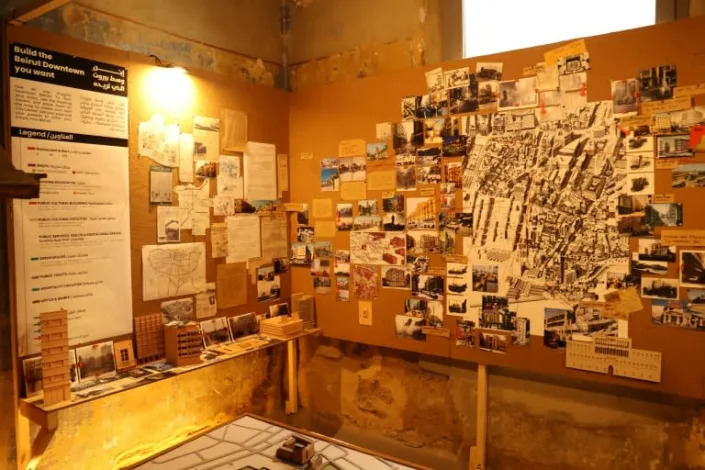Issued on: 19/09/2022 -
Baltimore (AFP) – A US judge on Monday threw out the conviction of a man who has served over 20 years in prison for his ex-girlfriend's murder -- a case that received worldwide attention thanks to the hit podcast "Serial."
Baltimore City Circuit Court Judge Melissa Phinn vacated the conviction of Adnan Syed, 42, who has been serving a life sentence since 2000 for the 1999 murder of Hae Min Lee.
Phinn ordered Syed, who appeared in court wearing a white shirt and a white skullcap, immediately released on his own recognizance "in the interests of justice and fairness."
Lee's body was found buried in February 1999 in a shallow grave in the woods of Baltimore, Maryland. The 18-year-old had been strangled.
Syed has steadfastly maintained his innocence but his multiple appeals had been denied, including by the US Supreme Court which declined in 2019 to hear his case.
In a surprise move last week, the Baltimore City state's attorney, Marilyn Mosby, announced that she had asked a judge to vacate Syed's conviction while a further investigation is carried out.
Assistant state's attorney Becky Feldman told the judge on Monday that the decision was prompted by the discovery of new information regarding two alternative suspects and the unreliability of cell phone data used to convict Syed.
"The state has lost confidence in the integrity of his conviction," Feldman said. "We need to make sure we hold the correct person accountable.
"We will be continuing our investigation," she said, while promising to "do everything we can to bring justice to the Lee family."
Prosecutors now have 30 days to either bring new charges or dismiss the case.
Syed's case earned worldwide attention when it was taken up by "Serial," a weekly podcast that saw a US journalist revisit his conviction and cast doubt on his guilt.
His case has also been the subject of a four-part documentary on the HBO channel called "The Case Against Adnan Syed."
The "Serial" podcast -- a mix of investigative journalism, first-person narrative and dramatic storytelling -- focused its first season on Syed's story in 12 nail-biting episodes.
Both Syed and Lee were high school honor students and children from immigrant families -- he Pakistani, she South Korean -- who had concealed their relationship from their conservative parents.
Prosecutors said during the trial that Syed was a scorned lover who felt humiliated after Lee broke up with him.
© 2022 AFP























